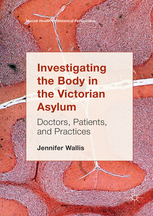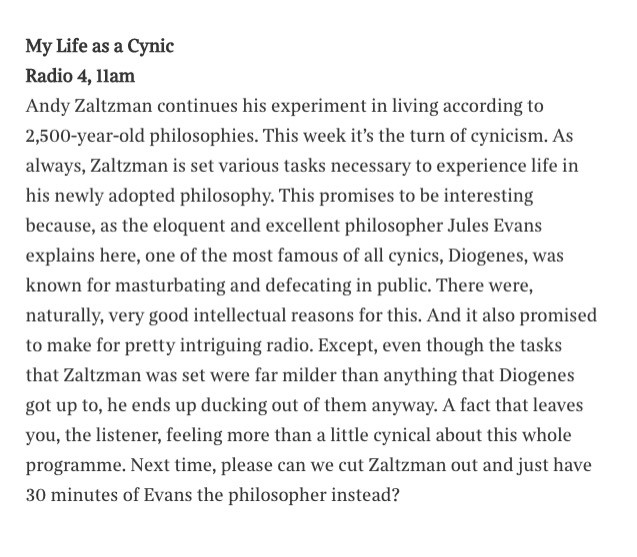Alex Esche (Max Planck, Berlin), will give a paper titled: ‘Protesting “in a Proper Spirit”: The Moralities and Subjectivities of Late Victorian Anti-Alien Agitation’. Please bring your own lunch. All welcome.
Abstract:
The emergence and impact of the anti-alien movement – a diverse and loosely connected group of individual actors and organisations advocating for restricting the immigration of Eastern European Jewish refugees into London’s East End – have typically been understood and analysed in one of two contexts: Either as an almost automatic and natural reaction to the socio-economic circumstances in which the movement emerged, or as an expression of a specific “civil” or “silent” British antisemitism. Both approaches pay only marginal attention to the subjective contributions and performances of individual actors which, I contend, were of vital importance for the movement’s longevity and successes, facilitating the introduction of four anti-alien bills, two Select Committees and a Royal Commission before the passing of the Aliens Act in 1905.
In the course of my paper, I will present the anti-alien movement as a predominately but not exclusively white, male, and Gentile middle-class movement, whose actors appropriated and narrativized both “material reality” and contemporary moral value judgements regarding contested issues like antisemitism and working-class pauperism. The way this anti-alien narrative was subjectively performed by individual actors at the movement’s public protest meetings comes under particular scrutiny. Protesting “in a proper spirit” was vital to remain acceptable to the movement’s upper- and middle-class audience, both Jewish and Gentile, whereas the desire for popular support from working-class East Enders suggested a different emotional and spatial framing. Striking the right balance between the two was a challenge posed before each actor, whose subjective performance at a given rally could make or break the anti-alien movement.
The talk will take place in room 3.16, Arts Two, Mile End Campus, London E1 4NS. For directions to Mile End and a campus map, see bit.ly/QMcampusmap.
See our events programme for information about other seminars this term.

